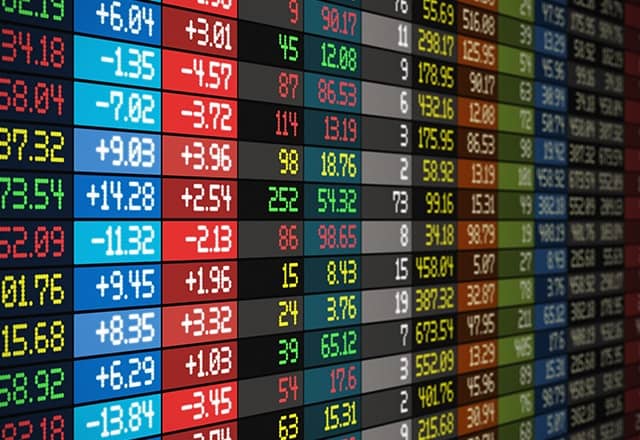(CercleFinance.com) – The Paris stock exchange rose 0.3%, around 6,820 points, taking advantage of the favorable wind from the United States: yesterday, the Nasdaq signed its largest percentage increase since March – well helped by the performance of Boeing (+ 7.5%) – while the S&P gained 1.4%.
Most indicators show that the US economy is still enjoying favorable momentum.
The monthly report from the US Department of Labor, due at 2:30 p.m., should also show an acceleration in job creation to 550,000 in November, against 531,000 in October. Analysts believe that US employment should return to its pre-health crisis level in mid-2022.
During the day, operators will also learn about orders to industry and ISM for services in the USA.
In France, production in the manufacturing industry rebounded in October (+ 0.9% after −1.6%) as in industry as a whole (+ 0.9% after −1.5%) compared to to September, according to CVS-CJO data from INSEE.
In addition, the IHS Markit composite index of the overall activity of France in November signaled an acceleration in the growth of activity in the private sector, this one having indeed posted a high of four months. The index thus fell from 54.7 in October to 56.1 in November.
In the news of French values, Dassault Aviation indicates that it has signed a historic contract for the acquisition of 80 Rafale aircraft in the F4 standard to equip the United Arab Emirates Air Force (United Arab Emirates Air Force & Air Defense – UAE AF & AD).
Pernod Ricard has finalized the sale of a majority stake in Société des Produits d’Armagnac (SPA) to an entity 100% owned by entrepreneur Alexander Stein, who has already built a relationship with the French group through other brands.
TotalEnergies, operator of Block 17 in Angola (with a 38% stake), announces the start of production of CLOV Phase 2. Its production is expected to be around 40,000 barrels of oil equivalent per day by mid-2022.
Finally, Societe Generale informs that the Department of Justice has asked the American courts to drop the charges against the French bank. These two procedures concerned, on the one hand, the Libor and Libyan cases and, on the other, that of compliance with the economic sanctions imposed by the United States.
– .

